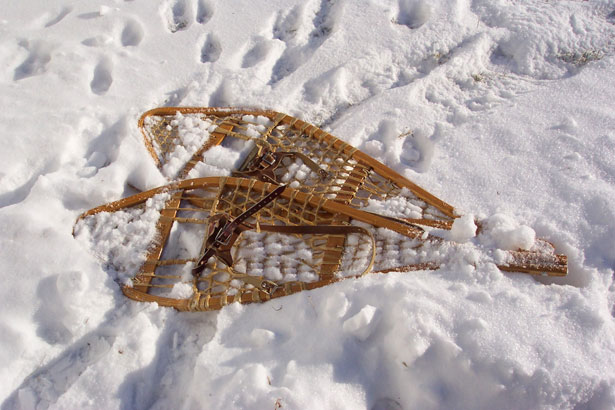Emotional Baggage Check: Song as Medicine
A young woman in my sophomore class shared this website with me–and then with the whole class. She told us how the website had helped her during a difficult time–how she was able to check in some difficult baggage and receive some genuine help–and now she tries to go onto the site on the weekends and carry baggage for someone else–pay it forward. First, it’s a visually attractive site–simple and elegant–with few choices. You can “check it”–that is check in a piece of your own emotional baggage by writing briefly about it–or you can “carry it”–carry someone else’s baggage for a moment. The way to carry someone’s baggage is simply to read what they’ve posted–the problem they’re dealing with–and then send them a link to a song that you think might help them with whatever they’re dealing with. Song as antidote. Song as medicine. Not unlike a poem as medicine. This not a cure-all, of course. But a beautifully simple idea. You can also send along a few encouraging words with the song link if you like. Choosing either path could lead to an opportunity for writing and healing: condensing one’s most pressing problem into a brief description (no more than 1000 characters) or responding to someone else’s baggage–choosing the song–and composing a response (again no more than 1000 characters). What might your emotional baggage look like in 1000 characters or less? What response would you long to hear? What response to someone else’s baggage could itself become a kind of medicine? For me, hearing that this thoughtful young woman in my class had found the website useful–and was now moved to give back–gave the site some credibility. So this morning I decided to try it out. I clicked on “Carry it,” and read a brief and moving story by a young woman in England. There’s a surprising and appealing intimacy about the site. An opportunity for positive, if fleeting, connection–sending a bit of medicine out into the world. The story the young woman checked in is confidential. But here’s the song I sent: “When it Don’t Come Easy.” Emotional Baggage Check is here. A brief article from 2011 about the original history of the site, which was founded by Robyn Overstreet, can be found at Wired. Lyrics to Patty Griffin’s “When It Don’t Come Easy” can be found here....
read more





